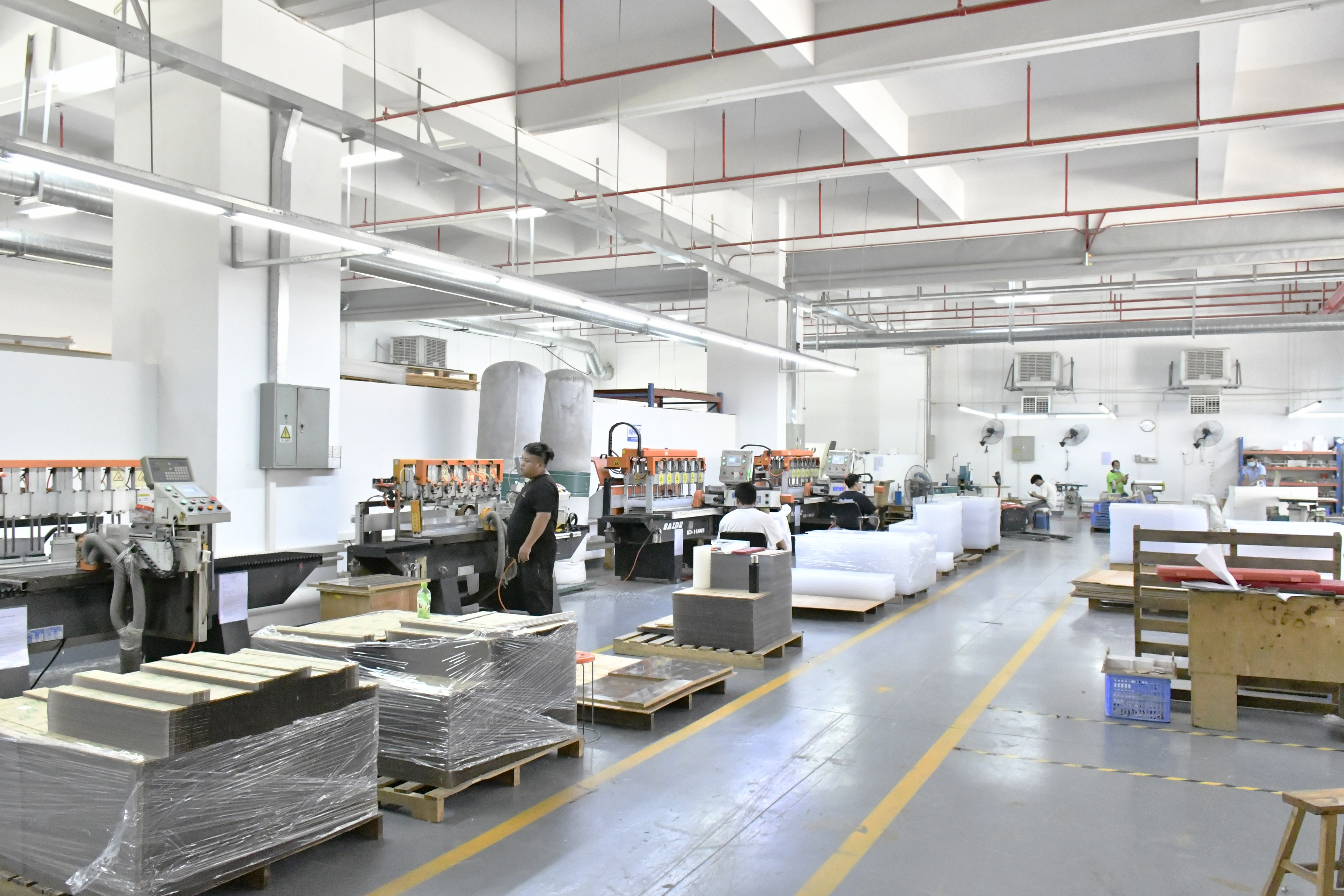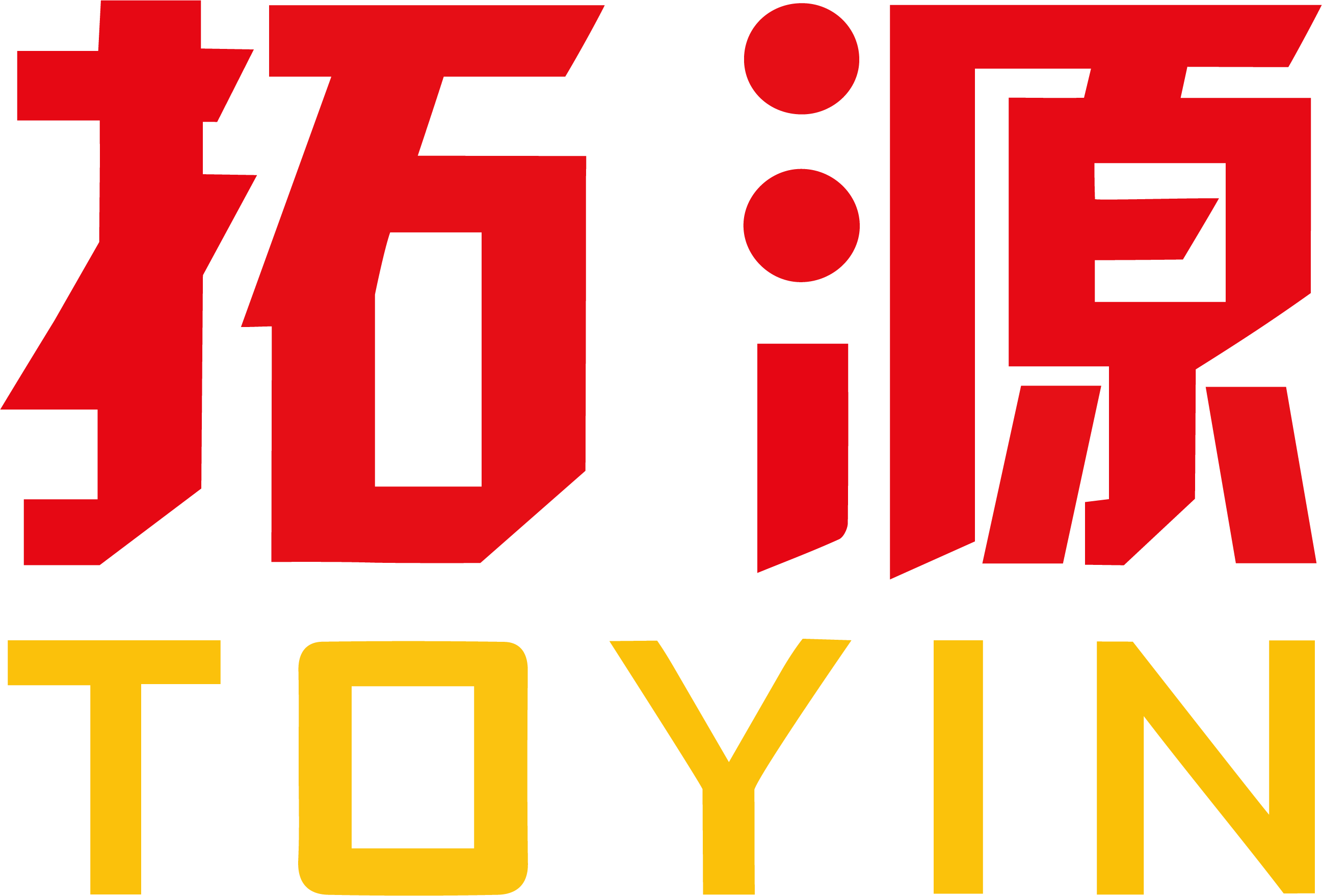One-sentence Definition
Bio-based PMMA is a sustainable form of polymethyl methacrylate (acrylic) made from renewable biological sources, offering the same performance as conventional PMMA but with a lower environmental impact.[1]
Detailed Explanation
Bio-based PMMA (Polymethyl Methacrylate) is an advanced acrylic plastic produced by polymerizing methyl methacrylate (MMA) monomers derived from renewable resources such as plant-based feedstocks or waste glycerol. Unlike traditional PMMA, which is made from fossil fuels, bio-based PMMA uses bio-derived monomers, significantly reducing carbon emissions and reliance on non-renewable resources. The resulting polymer is chemically and functionally identical to its fossil-based counterpart, ensuring high optical clarity, durability, and weather resistance. Importantly, bio-based PMMA is not biodegradable, but it is recyclable and supports circular economy initiatives through processes like depolymerization and repolymerization.[2]
Key Components and Production Principles
Raw Materials: Bio-based PMMA is synthesized from renewable sources, such as plant sugars or waste glycerol, which are converted into MMA monomers via green chemistry or biotechnological processes.
Polymerization: The bio-based MMA is polymerized using standard PMMA production methods (emulsion, suspension, or bulk polymerization), resulting in a polymer structure identical to conventional PMMA.
Performance: Bio-based PMMA maintains high optical clarity, impact resistance, UV and weather durability, and can be processed into sheets, resins, and beads for various applications.
Sustainability: The main advantage is a reduced carbon footprint and support for sustainable manufacturing practices. Bio-based PMMA can be recycled through depolymerization, further enhancing its environmental credentials.

Performance Comparison: Bio-based vs. Conventional PMMA
Feature | Bio-based PMMA | Conventional PMMA |
|---|---|---|
Raw Material Source | Renewable (plants, waste) | Fossil fuels (petrochemicals) |
Optical Clarity | Excellent | Excellent |
Durability/Weathering | High | High |
Carbon Footprint | Lower | Higher |
Biodegradability | No | No |
Recyclability | Yes (depolymerization) | Yes (depolymerization) |
Certification | ISCC PLUS, TÜV, others | - |
Real-world Applications
Bio-based PMMA is increasingly used in industries seeking sustainable materials without compromising performance:
Automotive: Lighting systems, glazing, and interior panels benefit from its clarity and impact resistance.
Electronics: Used in display panels, optical lenses, and LED covers for its high transparency and durability.
Construction: Windows, skylights, and architectural elements leverage its weather resistance and sustainability.
Signage & Displays: Ideal for both indoor and outdoor signage due to its UV stability and clarity.
Healthcare: Medical devices and implants utilize its biocompatibility and ease of molding.
Environmental Certifications
Bio-based PMMA can be certified by leading sustainability standards such as ISCC PLUS and TÜV, ensuring traceability of bio-based content and compliance with global environmental regulations.[3]
Related Concepts
PMMA (Polymethyl Methacrylate): The base polymer, widely known as acrylic or acrylic glass.
Acrylic: A common name for PMMA, used in a variety of applications.
Bioplastics: Plastics derived from renewable sources, not all of which are biodegradable.
Sustainable Materials: Materials designed to minimize environmental impact throughout their lifecycle.
Fossil-based PMMA: Conventional PMMA made from petrochemical sources.
Note: Bio-based PMMA is not the same as biodegradable plastics. It is designed for sustainability through renewable sourcing and recyclability, not for rapid environmental breakdown.
References
Explore more about sustainable materials and their applications in modern industry.

